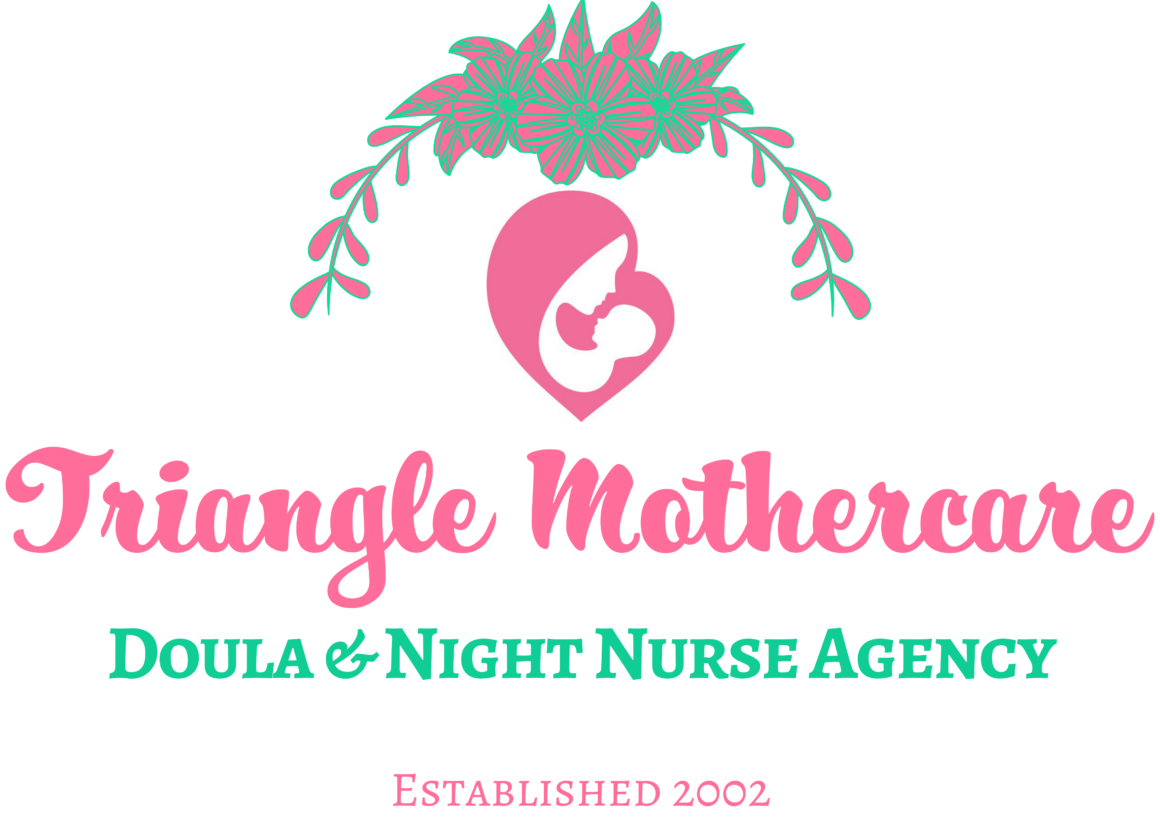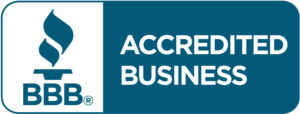Successful breastfeeding starts in the first five minutes after birth.
Breastfeeding is one of the most rewarding gifts you can give to your baby. It is the most superior food and source of nourishment for your baby. The health benefits you and your baby receive are invaluable and will last a lifetime. So why does breastfeeding seem so difficult to some mothers and why do they need help? Because breastfeeding is instinctive for babies but is learned for mothers.
The main reasons women give up breastfeeding are lack of confidence, poor milk supply, breast or nipple pain, latch problems or returning to work. However, when mothers have the support they need, and an experienced professional to help them, they have greater success and can avoid many potential problems.
So what are some of the things you should know or do to help you breastfeed and get off to the best possible start?
![]() Put your baby to your breast immediately after the birth. This means at once, in the first minutes before the doctors take her away to check her out and do whatever they do to newborns in the hospital. This is something you should consider when choosing a hospital or doctor as policies vary and you should know ahead of time to avoid disappointment. If this is not allowed it can still help if it happens within the first two hours. When the baby suckles in the first hours after birth this will trigger your prolactin receptors, which drive the milk supply. Just placing the baby on your chest skin-to-skin and keeping him there for an hour or more may encourage self attachment. Babies who have this opportunity will actually crawl to the nipple and latch on, yes, really! If he doesn’t latch or stay attached it is still beneficial as mother and baby get to know each other and the baby feels safe and warm.
Put your baby to your breast immediately after the birth. This means at once, in the first minutes before the doctors take her away to check her out and do whatever they do to newborns in the hospital. This is something you should consider when choosing a hospital or doctor as policies vary and you should know ahead of time to avoid disappointment. If this is not allowed it can still help if it happens within the first two hours. When the baby suckles in the first hours after birth this will trigger your prolactin receptors, which drive the milk supply. Just placing the baby on your chest skin-to-skin and keeping him there for an hour or more may encourage self attachment. Babies who have this opportunity will actually crawl to the nipple and latch on, yes, really! If he doesn’t latch or stay attached it is still beneficial as mother and baby get to know each other and the baby feels safe and warm.
![]() Room in together at the hospital. Most hospitals have rooming-in now but some staff still insist on sending the baby to the nursery for observation or other various reasons. If mom and baby are healthy there is no reason for separation. Make sure they are not separating you for unnecessary procedures. Remember, this is not the time to “catch up on your sleep because you are going home in a few days.” Yes, you may be exhausted from labor and delivery, but keeping your baby close will actually allow you to rest more and be able to learn to read her cues. You can establish a plentiful milk supply and a baby that will be more receptive if she is allowed to be close to her mother and not in a nursery alone and perhaps crying. (Did you know that crying is a late sign of hunger? A newborn gives many early cues of hunger and if allowed to latch at that time will do so easily. A crying baby has a hard time settling down to nurse. It is much easier to nurse a calm baby then a ravenous crying baby.)
Room in together at the hospital. Most hospitals have rooming-in now but some staff still insist on sending the baby to the nursery for observation or other various reasons. If mom and baby are healthy there is no reason for separation. Make sure they are not separating you for unnecessary procedures. Remember, this is not the time to “catch up on your sleep because you are going home in a few days.” Yes, you may be exhausted from labor and delivery, but keeping your baby close will actually allow you to rest more and be able to learn to read her cues. You can establish a plentiful milk supply and a baby that will be more receptive if she is allowed to be close to her mother and not in a nursery alone and perhaps crying. (Did you know that crying is a late sign of hunger? A newborn gives many early cues of hunger and if allowed to latch at that time will do so easily. A crying baby has a hard time settling down to nurse. It is much easier to nurse a calm baby then a ravenous crying baby.)
![]() Do not offer artificial nourishment. At birth a baby’s stomach is about the size of a very small marble. A newborn needs almost no immediate nourishment, and that only in tiny quantities. Mother’s first milk, colostrum, perfectly fills that need. There is very little colostrum at first, but it is so nutrient-dense that it gives the baby everything she needs until mother’s mature milk comes in three to four days after the birth. Colostrum is a laxative that helps the baby expel the meconium in her system. Mother’s immunities are passed to the baby in the colostrum. Even if you don’t plan to nurse for long, it would benefit your baby to get the colostrum in the first few days.
Do not offer artificial nourishment. At birth a baby’s stomach is about the size of a very small marble. A newborn needs almost no immediate nourishment, and that only in tiny quantities. Mother’s first milk, colostrum, perfectly fills that need. There is very little colostrum at first, but it is so nutrient-dense that it gives the baby everything she needs until mother’s mature milk comes in three to four days after the birth. Colostrum is a laxative that helps the baby expel the meconium in her system. Mother’s immunities are passed to the baby in the colostrum. Even if you don’t plan to nurse for long, it would benefit your baby to get the colostrum in the first few days.
![]() Do not offer any artificial nipples. If a bottle is offered too soon the baby does not have to work as hard to get the milk and may start to prefer a fast flow. This can undermine breastfeeding success. If anyone says the baby absolutely needs to get a supplement for some reason, make sure you are hearing it from a reliable source like your pediatrician or a lactation consultant! Then talk to a lactation consultant about alternative methods that won’t jeopardize breastfeeding. There are easy ways to get milk into a baby without using a bottle.
Do not offer any artificial nipples. If a bottle is offered too soon the baby does not have to work as hard to get the milk and may start to prefer a fast flow. This can undermine breastfeeding success. If anyone says the baby absolutely needs to get a supplement for some reason, make sure you are hearing it from a reliable source like your pediatrician or a lactation consultant! Then talk to a lactation consultant about alternative methods that won’t jeopardize breastfeeding. There are easy ways to get milk into a baby without using a bottle.
![]() Feed your baby frequently and with no time restrictions. Of course, this does not mean you have to have the baby on your breast for hours! If he has a good latch and you have colostrum or milk, the baby will voluntarily come off the breast when he is satisfied, which is around 30 minutes more or less. In the beginning it is sometimes longer, as Mom and baby are learning. If it seems like he is not content, check with a lactation consultant while at the hospital to help you assess the situation. Remember that feeding is about calories and not about amount. Your baby is satisfied by a small, high-calorie feeding of colostrum, and not by a large amount of non-nutritive fluid.
Feed your baby frequently and with no time restrictions. Of course, this does not mean you have to have the baby on your breast for hours! If he has a good latch and you have colostrum or milk, the baby will voluntarily come off the breast when he is satisfied, which is around 30 minutes more or less. In the beginning it is sometimes longer, as Mom and baby are learning. If it seems like he is not content, check with a lactation consultant while at the hospital to help you assess the situation. Remember that feeding is about calories and not about amount. Your baby is satisfied by a small, high-calorie feeding of colostrum, and not by a large amount of non-nutritive fluid.
![]() A good latch is absolutely necessary for success and to avoid discomfort or pain. Make sure you know what a good latch is, and if you are sore you should seek extra help to ensure you have the best latch for continued success. Sore nipples are an indication that the baby is not latching properly. The baby should be pressing the nipple between the roof of her mouth and her tongue that is extended over her lower gums. You would be surprised to see how far down into the baby’s mouth the nipple should go with a good latch! Some newborn babies have small mouths and weak sucks, but the more you let her try, the sooner she will be suckling well.
A good latch is absolutely necessary for success and to avoid discomfort or pain. Make sure you know what a good latch is, and if you are sore you should seek extra help to ensure you have the best latch for continued success. Sore nipples are an indication that the baby is not latching properly. The baby should be pressing the nipple between the roof of her mouth and her tongue that is extended over her lower gums. You would be surprised to see how far down into the baby’s mouth the nipple should go with a good latch! Some newborn babies have small mouths and weak sucks, but the more you let her try, the sooner she will be suckling well.
Triangle Mothercare Doulas and Night Nurses are well-trained in assisting with breastfeeding support, and are backed up by this incredible resource of having an IBCLC lactation consultant to call upon when needed.
Doulas and Night Nurses providing in home care for newborn babies, new mothers and families in Raleigh, Durham, Chapel Hill, Cary, Apex, Wake Forest, Holly Springs, Willow Springs, Knightdale, Hillsborough, Carrboro, Garner and Clayton.
919-225-2493
Copyright 2002-2023 Triangle Mothercare Doula & Night Nurse Agency, Inc. All Rights Reserved.



